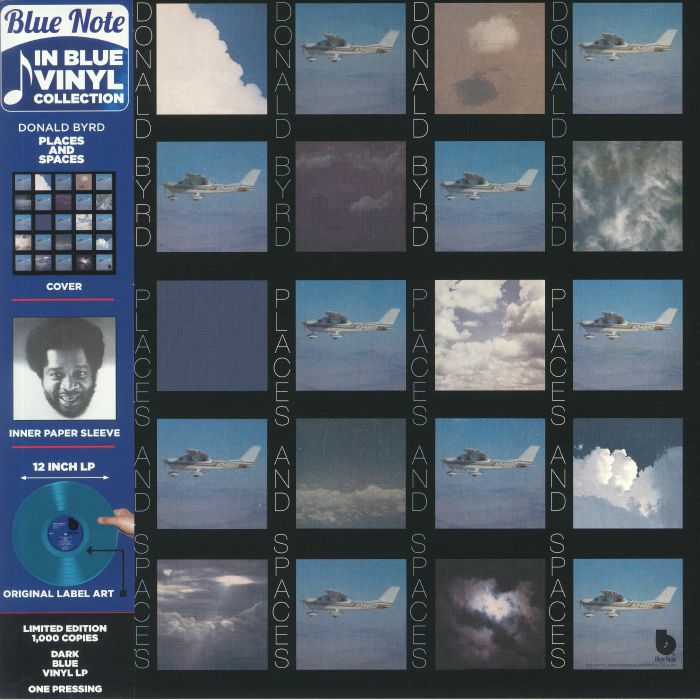I'd like to add some context to the cover art of Extensions because this is something I know about. I'm also Nigerian.
The cover of Extensions is a photo of the Ashanti (Asante) people in present-day Ghana. Historically, the Ashanti Empire was one of the preeminent and most powerful West African empires. Back to the cover of Extensions. Based on the color of their attire (mostly black and red), this is likely a funeral. What they are wearing is very special, meaningful, and expensive. The average person in their communities can't afford it. The man in the middle with the umbrella being held over his head is likely a titled man. Many jazz artists at the time were heavily connected, interested, and in tune with many different African cultures, rites, and traditions. There's nothing politically incorrect about it. An interpretation of this as a faux pas is a giant misunderstanding of what is going on here. This was very topical and on point with the artistic expression of many black jazz musicians. From the 50s on down, jazz artists littered their work with nods, acknowledgements, and tributes to Africa and the African diaspora. Sometimes in obvious ways, other times in covert ways. McCoy was cut from that cloth even before he hooked up with Coltrane, who pretty much laced a sizable chunk of his work with nods and acknowledgments to the African diaspora. No doubt Tyner's connection only made it deeper.
Extensions was just the natural progression of that and if you look at the names of the compositions, they are either are related to something African, afrocentric, or something spiritual. Following Extensions, McCoy Tyner recorded the album Asante. Again, a nod to the Asante people. When he left Blue Note, the next record he did was Sahara. Another nod to the African continent. Like Extensions and Asante, the compositions here are afrocentric and spiritual in nature, from the title track Sahara, to Ebony Queen, to Valley of Life which is about the East African Rift Valley, one of the earliest places humans ever existed.
Hope this clarifies things. If anyone is interested in the Ashanti Empire, the wiki page is fairly decent.
Ashanti Empire - Wikipedia


